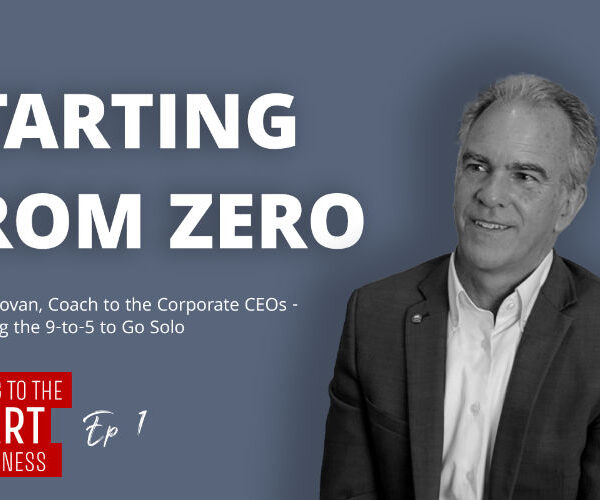Quiet: The Power of Introverts in a World That Can’t Stop Talking
Here’s something for you Introverts! (and extroverts). A recent best-seller by Susan Cain has created a big commotion in the U.S., and her TED talk about her book has been viewed over 4 million times. This brief review of her book Quiet: The Power of Introverts in a World That Can’t Stop Talking (2012) boils her points down. Susan explores two critical ideas in relation to those with a preference for introversion. First, that it is the sensitivity of introverts that causes them to appear more withdrawn, less talkative, somewhat slower and more reflective. Second, that our western culture and business environment has become biased to the extrovert and therefore works to marginalise the contribution of the introvert.
First, to the issue of sensitivity. Susan Cain brings us into the world of introversion by explaining that how introverts appear in social situations (meetings for instance) may belie the reality of their experience. They may look withdrawn, disengaged and even distracted, but in-fact they are likely to be experiencing something very different. Introverts are usually highly sensitive to social information and can feel overwhelmed with the amount of data they are being exposed to while in a social situation. To avoid overstimulation, they may withdraw somewhat, and be less talkative. Therefore, it is not that the introvert is detached in a meeting, on the contrary, it’s actually that they are experiencing so much, taking in so much data, they are working hard to somehow process the avalanche of information, and going inside to do this. Interestingly, she cites evidence that this sensitivity can be observed in introverted people as early as 4 months old.
Therefore, it is not that the introvert is detached in a meeting, on the contrary, it’s actually that they are experiencing so much, taking in so much data, they are working hard to somehow process the avalanche of information, and going inside to do this.
Consequently, most introverts will attest the difficulty of making useful contributions in many meetings they attend. The pace of discussion is such that introverts, with their reflective preference, have difficulty articulating their thoughts on the topic before the topic has changed or the next agenda item has been raised. The impact of excluding the contribution of introverts on our meetings is enormous. Mostly, meetings fail because of insufficient reflection on important topics. Introverts support us to do this, indeed can teach us how to do it better.
The impact of excluding the contribution of introverts on our meetings is enormous. Mostly, meetings fail because of insufficient reflection on important topics. Introverts support us to do this, indeed they can teach us how to do it better.
Second, to the issue of our Western bias. Susan Cain describes the “Extrovert Ideal” that has subtly shaped how we think about leadership and what we value in it. In many organisations, those who can easily think on their feet, comfortably make energised presentations with little notice, confidently engage their colleagues with passionate and influential rhetoric, are more likely to be rewarded and promoted. In-fact, we tend to see them as superior leaders. Consequently, extroverts tend to get promoted earlier. Also, she says that the speed that we tend to conduct our business tends to support the faster orientation of the extrovert and marginalise the introvert.
In many organisations those who can easily think on their feet, comfortably make energised presentations with little notice, confidently engage their colleagues with passionate and influential rhetoric, are more likely to be rewarded and promoted. In-fact, we tend to see them as superior leaders.
But, according to Susan Cain, all this comes at an enormous cost to business and our communities. In-fact she, as others have done, trace the Global Financial Crisis, in part, to the systematic weeding out of introverts, and their slower more considered decision making, from senior management positions in banks and other Financial Services Organisations. The ‘Extrovert Ideal’ had for years been quietly at work to ensure those who are promoted were more gregarious, faster talkers and decision-makers, and as tends to be associated with these characteristics, less risk-averse. Senior management of these organisations consequently became imbalanced, more reckless, and less wise. The rest is history.
Senior management of these organisations consequently became imbalanced, more reckless, and less wise. The rest is history.
In addition, extroverted managers, tend to be more interventionist with their employees and interfere more with their work! Their preference to ‘get involved’ with the work of their employees, and attempt to make improvements to it is characteristic of this group. But there is a problem. Susan Cain cites early research that suggests this works OK with lowly experienced teams, but not so in the case of experienced team members. Introverted managers, on the other hand, tend to facilitate higher performance than their extroverted peers from experienced teams. They are less likely to interfere, and more likely to take a facilitative role in relation to their employees’ work.
Introverted managers, on the other hand, tend to facilitate higher performance than their extroverted peers from experienced teams.



